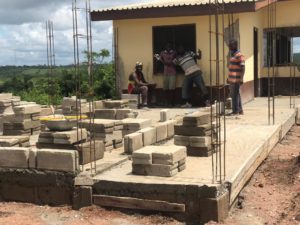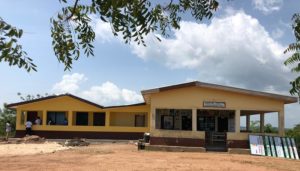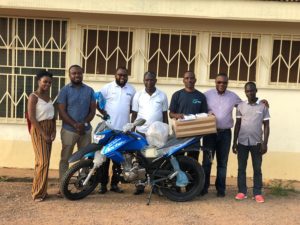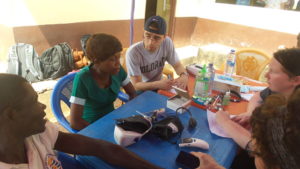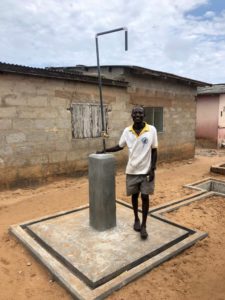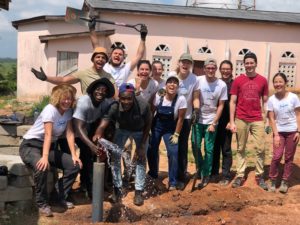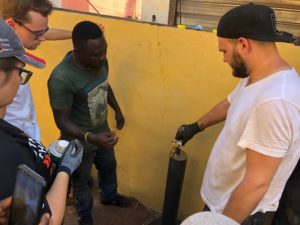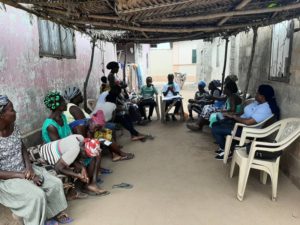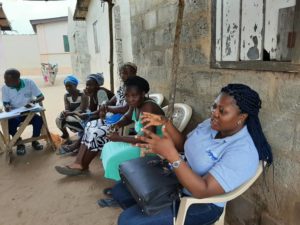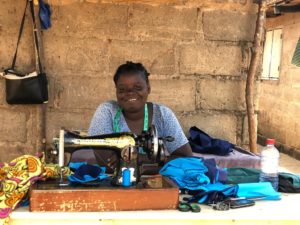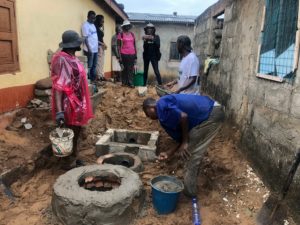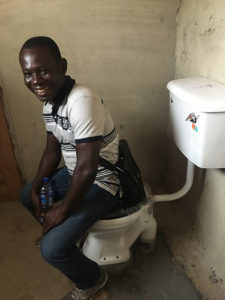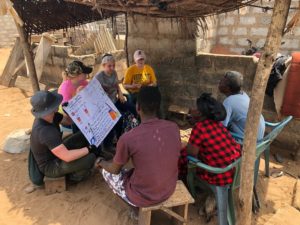HEALTH CARE ACCESS:
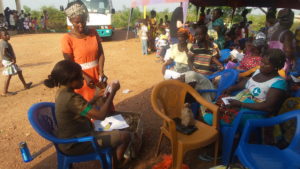
There are two types of public health clinics available to rural Ghanaians: Health Centers and Community-Based Health Planning and Services (CHPS) compounds. Health Centers serve large geographic areas within a district and are staffed by physicians. CHPS compounds serve small clusters of communities and are staffed by live-in nurses. The nurses provide basic services and, if capacity allows, they conduct home visits to families in the communities.
Even with this coverage, it is important to note that medications, equipment, and essential infrastructure are often not available in these clinics and the physician density in Ghana remains around 0.2 physicians per 1,000 people. According to the World Health Organization, there should be a minimum of 2.3 physicians per 1,000 people to qualify a country as having adequate access to medical attention.
Ekumpoano has a CHPS Compound within their community. During their initial communications with Global Brigades, community members expressed that the top three illnesses in children were: malaria, cough, and diarrhea. For adults, common illnesses were: malaria, elephantiasis, and hernias.


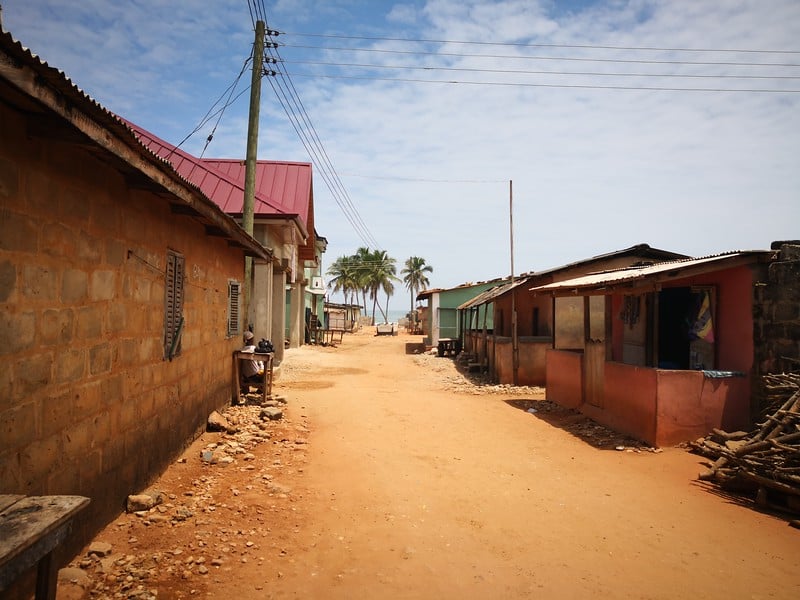 Ekumpoano is located near the coast in the Central Region of Ghana. The typical house is made of bricks/blocks. People in Ekumpoano are primarily dedicated to farming and fishing.
Ekumpoano is located near the coast in the Central Region of Ghana. The typical house is made of bricks/blocks. People in Ekumpoano are primarily dedicated to farming and fishing.